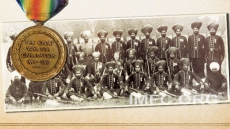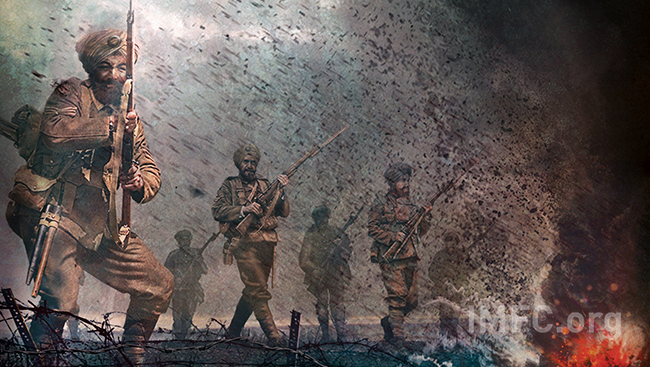For many, celebrating Diwali away from their homeland is a mixture of nostalgia, adaptation, and a heartfelt attempt to recreate the warmth of the festival in a new setting. The essence of Diwali—sharing joy, lighting up homes, and being with loved ones—stays constant, but circumstances surrounding the celebrations evolve with time and distance. For those who have recently made Canada their new home, Diwali serves as a bridge to their roots, even as they navigate unfamiliar traditions and surroundings, reflecting the universal yearning to maintain cultural connections amidst seizing new opportunities around the world.
Sarandeep Kaur, who moved to Canada earlier this year, finds comfort in maintaining her family's traditions even while far from home. “Celebrating with family is the same for us here as in India,” she highlights. Similarly, Veena Rani Heer, who moved to Canada this year, has been determined to celebrate a Diwali much like the ones she remembers so fondly, detailing, “We will share sweets with those we know. I will be decorating my home, lighting up clay lamps, and cleaning my house as per tradition.”

Also having recently immigrated to Canada, Gauri Mahajan reflects on how she recreates the spirit of the festival, “Diwali has always been a very special time for my family and me. Back home, we would always gather together, and my friends would join in, too. Typically, we would decorate our homes, cook, and enjoy meals together. To bring that same feeling to my first Diwali in Canada last year, I invited my friends over, we decorated my place, and I cooked for everyone. We dressed up as well since we don’t get the chance as often.”

For Dr. Shivali Aggarwal Gill, the transition to celebrating Diwali in Canada has been bittersweet. “I definitely enjoyed Diwali more in India,” she reflects, noting how the presence of close friends and family back home made the celebrations more vibrant. “The feeling of sadness is amplified when I see people enjoying the festivities on social media, the same people I used to celebrate with,” she adds, highlighting the challenge many immigrants face of being connected yet distant through technology.
Last year’s Diwali, her first in Canada, was a solo affair for Dr. Aggarwal Gill, as she shares, “Last year, I was working, and after work, I was so tired that I didn’t even have enough energy to partake in any events.” This year, she is a student at a university that is organizing and hosting Diwali celebrations, “I am excited and also considering participating in events by offering mehndi (henna) and make-up for others. This will not only help me connect with the community but will also help me get in touch with potential clients for makeup services that I offer. Overall, I can say that it will take some time to adjust to Diwali in Canada, but Diwali in India will always hold a special place in my heart.”
The insights of Tushar Sharma, Saif Khan, Jai Sharma, and Alakh Singh Sandhu reflect how Diwali can become a source of unity among those far from home. The four friends, each of whom recently moved to Canada, found themselves celebrating Diwali together last year, finding comfort in each other’s company amid the absence of their families. Festivities, often centered around happiness, feel glum for those who live away from family,” they express, capturing the melancholy that comes with celebrating without the familiar faces of home. Yet, they also found a sense of solidarity in their shared experience. “Staying away from home, it felt like a flame was kept alive in our hearts, meeting three fellow strangers in a foreign land, with nothing in common but a bond of brotherly affection,” they describe, showcasing how their initial isolation transformed into a sense of brotherhood.

Their Diwali was an amalgamation of traditions, with the friends coming together to perform rituals like Vishwakarma Puja and Kuber Puja, despite coming from different faiths. They note, “All of us came from different faiths by birth, yet humanity became our only religion. As we held our firesticks pointed toward a mutual junction, all we could do was smile at a hopeful tomorrow, laugh at a glorious present, and reflect on how the blood of the covenant is often thicker than the water of the womb."
Undoubtedly, exchanging laughs and memories that bridge the distance to families back home and shared cultural adaptation can lead to unexpected bonds and a shared sense of home, even when one is far from where one started. While the setting may change from the bustling streets of India to quieter neighborhoods in Canada, the festival’s spirit remains intact. For those celebrating their first Diwali far from home, it’s a time to find new ways to connect as immigrants weave their heritage into the fabric of their new home, ensuring that the light of Diwali shines brightly, no matter where we are.






